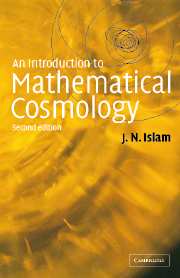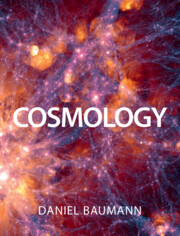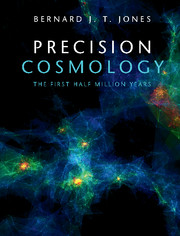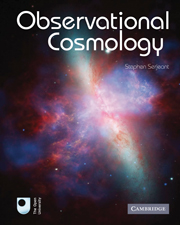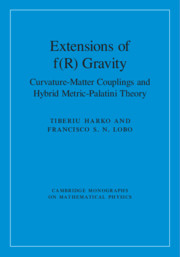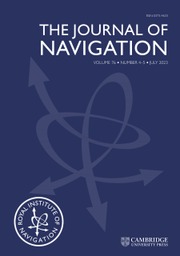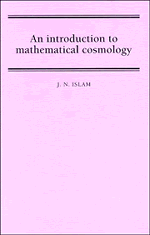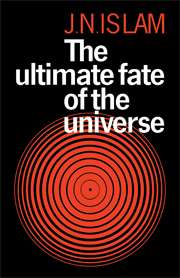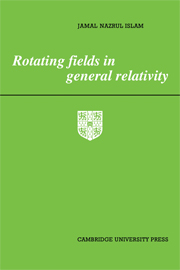An Introduction to Mathematical Cosmology
This book provides a concise introduction to the mathematical aspects of the origin, structure and evolution of the universe. The book begins with a brief overview of observational and theoretical cosmology, along with a short introduction to general relativity. It then goes on to discuss Friedmann models, the Hubble constant and deceleration parameter, singularities, the early universe, inflation, quantum cosmology and the distant future of the universe. This edition contains a rigorous derivation of the Robertson–Walker metric. It also discusses the limits to the parameter space through various theoretical and observational constraints, and presents a new inflationary solution for a sixth degree potential. This book is suitable as a textbook for advanced undergraduates and beginning graduate students. It will also be of interest to cosmologists, astrophysicists, applied mathematicians and mathematical physicists.
- Provides a concise introduction to mathematical cosmology
- Now updated and with new material
- Written in a clear and pedagogical style
Product details
November 2001Hardback
9780521496506
264 pages
237 × 158 × 20 mm
0.48kg
30 b/w illus. 7 tables
Available
Table of Contents
- Preface to first edition
- Preface to second edition
- 1. Some basic concepts and an overview of cosmology
- 2. Introduction to general relativity
- 3. The Robertson–Walker metric
- 4. The Friedmann models
- 5. The Hubble constant and the deceleration parameter
- 6. Models with a cosmological constant
- 7. Singularities in cosmology
- 8. The early universe
- 9. The very early universe and inflation
- 10. Quantum cosmology
- 11. The distant future of the universe
- Appendix.

